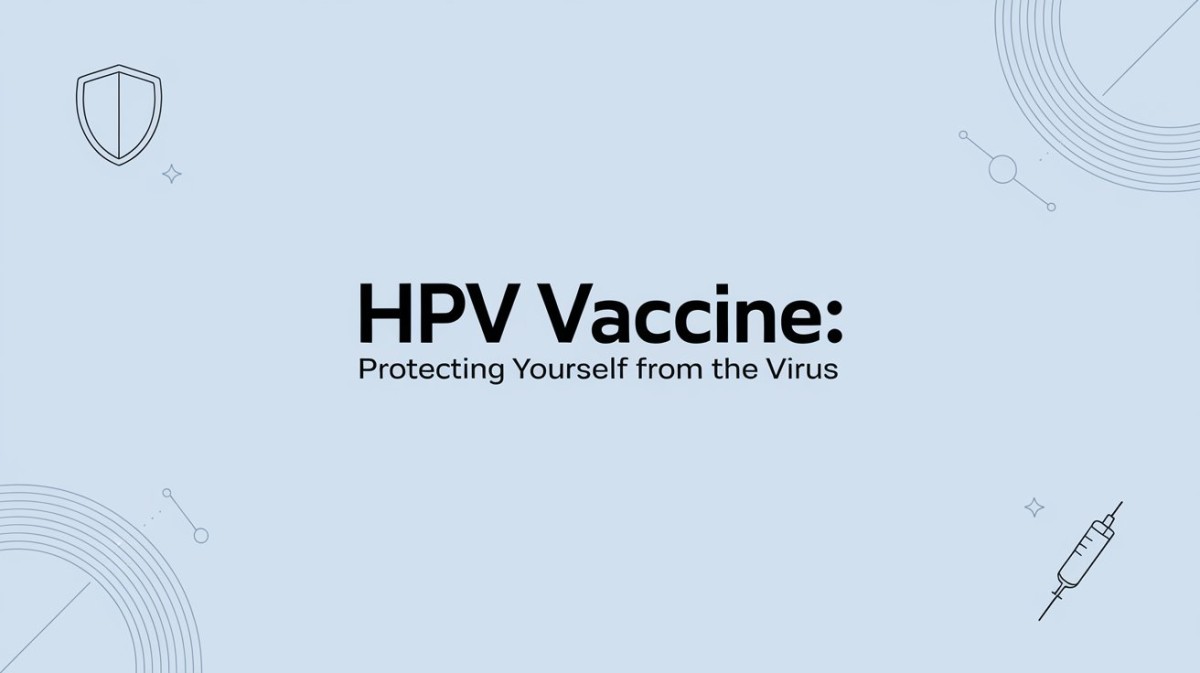Do you ever consider how such a basic intervention as a vaccine could prevent some types of cancer? The HPV vaccine does just that. HPV is one of the widely distributed sexually transmitted diseases in the world and some types of this virus cause cancer. Now, you are wondering how the HPV vaccine actually works, and why have this vaccination?
Now let’s learn more about HPV vaccine, its advantages, possible harms and who can be a candidate for this shot.
What is HPV?
HPV in short, means Human Papillomavirus which is a group of viruses that number over 200. Some of these virus are transmitted by direct contact of the skin and specifically through sexual activities. It’s virtually impossible to avoid getting HPV some point in one’s sexual activity though most won’t even realize they have contracted the virus as it usually resolves itself. Nonetheless, some of these HPV are associated with genital warts or potentially deadly cancers like cervical, anal, penile, throat, and mouth cancers.
Why is the HPV Vaccine Important?
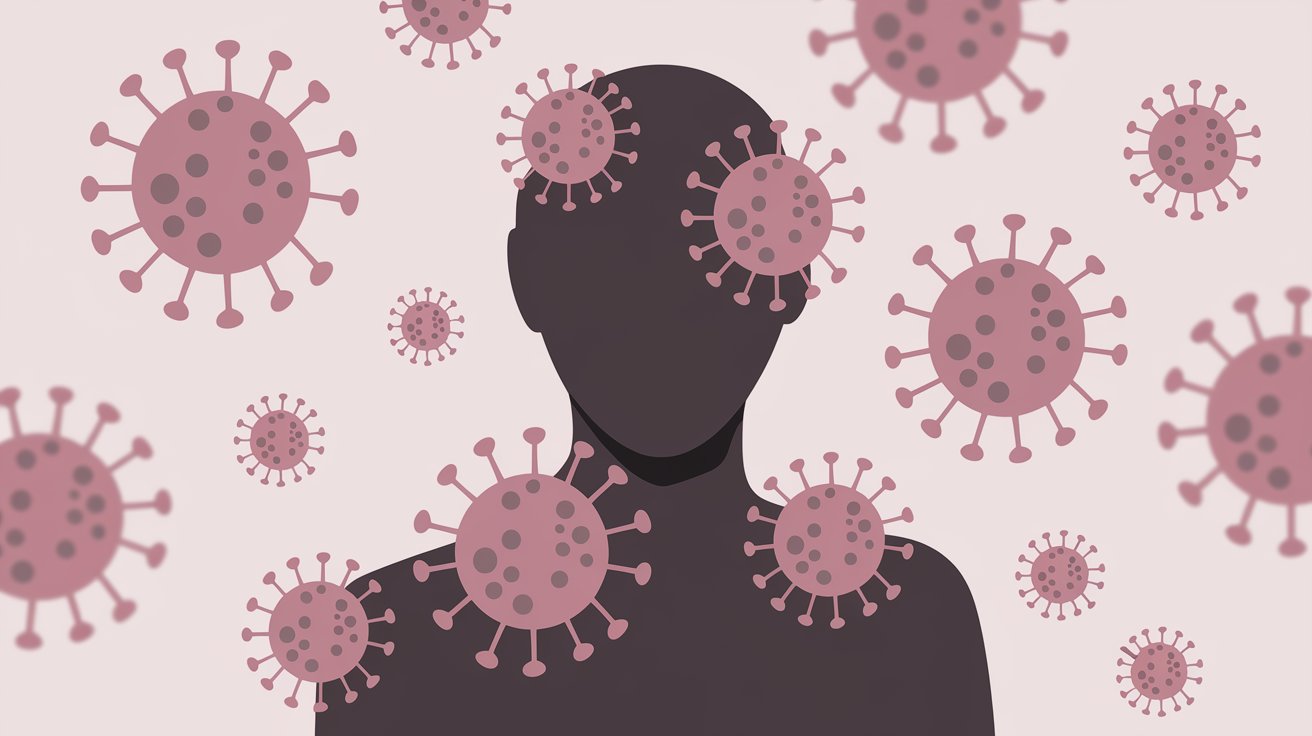 HPV vaccine should be intended for the types of HPV most likely to lead to cancer. WHO suggests that HPV is at the root of over 70% of cervical cancer cases and most of other cancers which ae associated with the virus.
HPV vaccine should be intended for the types of HPV most likely to lead to cancer. WHO suggests that HPV is at the root of over 70% of cervical cancer cases and most of other cancers which ae associated with the virus.
Here’s why the vaccine is essential:
1. Prevention of Cancer: By preventing infection from the specific strains of HPV that are known to cause HPV related cancers, the vaccine reduces risks and protects against such cancers.
2. Prevention of Genital Warts: Some types of HPV cause genital warts, which can be painful and difficult to treat. The vaccine can help prevent these infections as well.
3. Safe and Effective: The HPV vaccine has been extensively studied and proven to be safe. It has already helped to significantly reduce the rate of HPV infections among vaccinated populations.
How Does the HPV Vaccine Work?
HPV is a vaccine that is composed of virus like particles that look similar to the HPV virus. These particles do not contain any viral DNA, meaning they cannot cause infection. When it is infused into the human body it prompts the body’s immune system to form antibodies that fight the substance. In the future if the person is infected with HPV, these antibodies will help to prevent the virus from establishing an infection.
Who Should Get the HPV Vaccine?
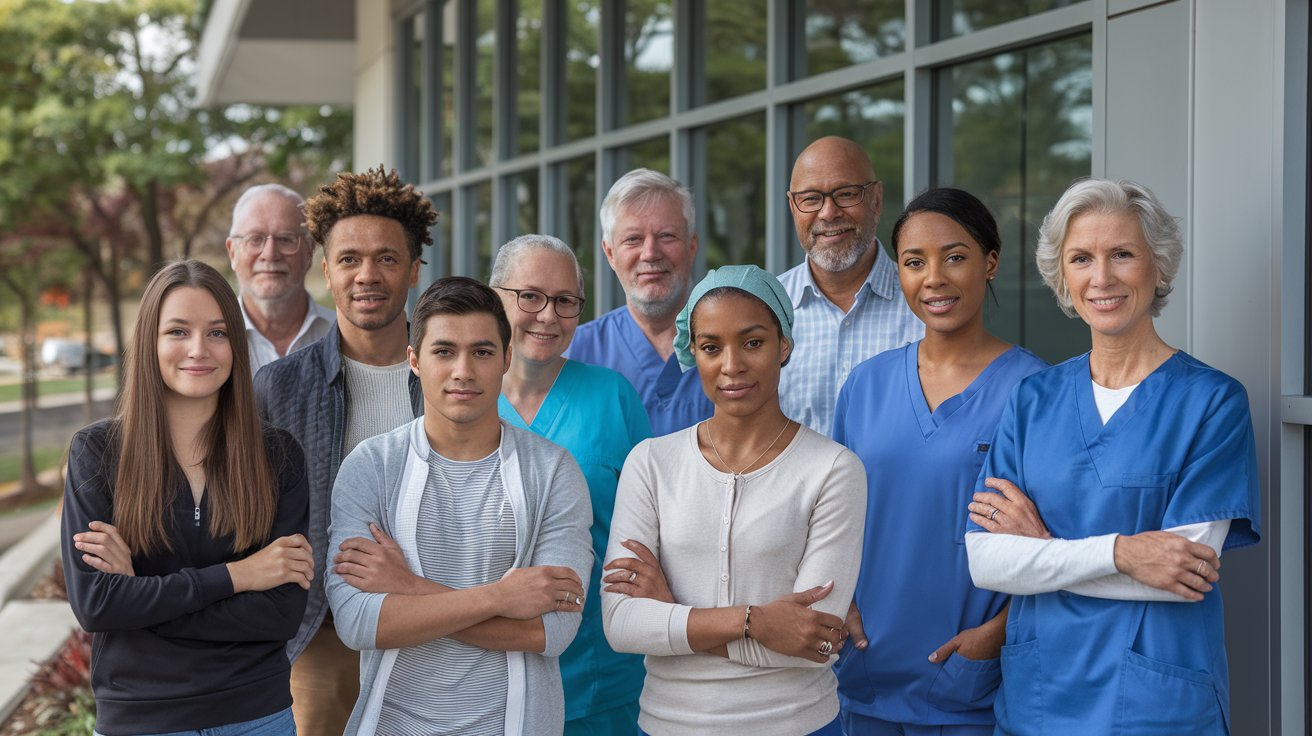 Boys and girls should get HPV vaccine in order to prevent HPV associated diseases. Here’s a breakdown of when to get the vaccine:
Boys and girls should get HPV vaccine in order to prevent HPV associated diseases. Here’s a breakdown of when to get the vaccine:
❖ Pre-teens (ages 11-12): The recommended age to receive the HPV vaccine is before the initiation of any exposure to the virus and this can be at 11 and 12 years. At this age the body is more capable of responding to the vaccine and that is why two dozes are enough.
❖ Teenagers and Young Adults: If the vaccine was not administered at the recommended age, teenagers, and youth up to the age of 26 can still come in for the vaccine. In persons above 15 years of age, the recommended regime is a three dose schedule.
❖ Adults (ages 27-45): Although the vaccine is not advised for all individuals in this category adults between 27 and 45 years may benefit from the vaccine if they have not been vaccinated and are likely to be exposed to new HPV infections. Consult your doctor if you should take the vaccine based on your health condition.
What Types of HPV Vaccines Are Available?
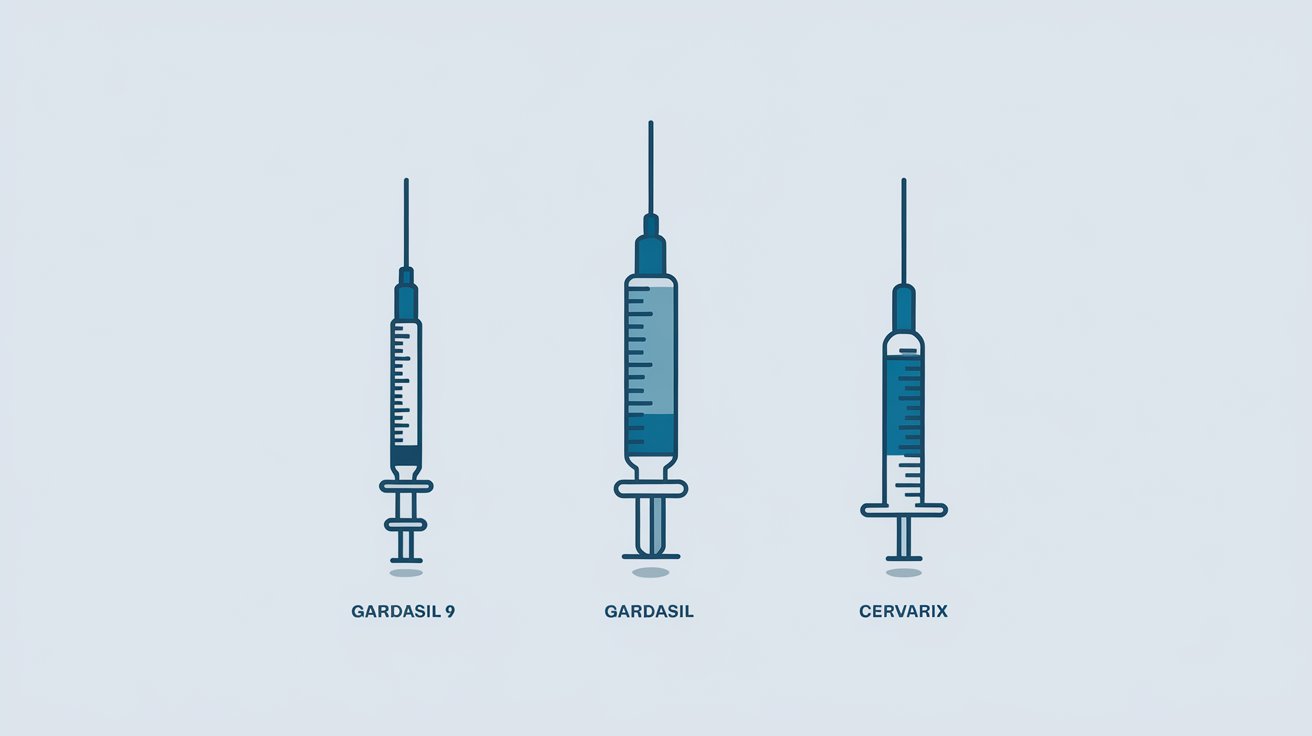 There are three HPV vaccines approved for use:
There are three HPV vaccines approved for use:
1. Gardasil 9: The currently available HPV vaccine known as Gardasil 9 targets nine different types of HPV, which are likely to lead to cancer as well as genital warts.
2. Gardasil: The initial Gardasil vaccine targets four types of HPV, two types which are responsible for most HPV linked cancers and two which cause genital warts.
3. Cervarix: This vaccine is effective against the two strains of HPV that cause seventy percent of cervical cancer but does not cover.
Potential Side Effects of the HPV Vaccine
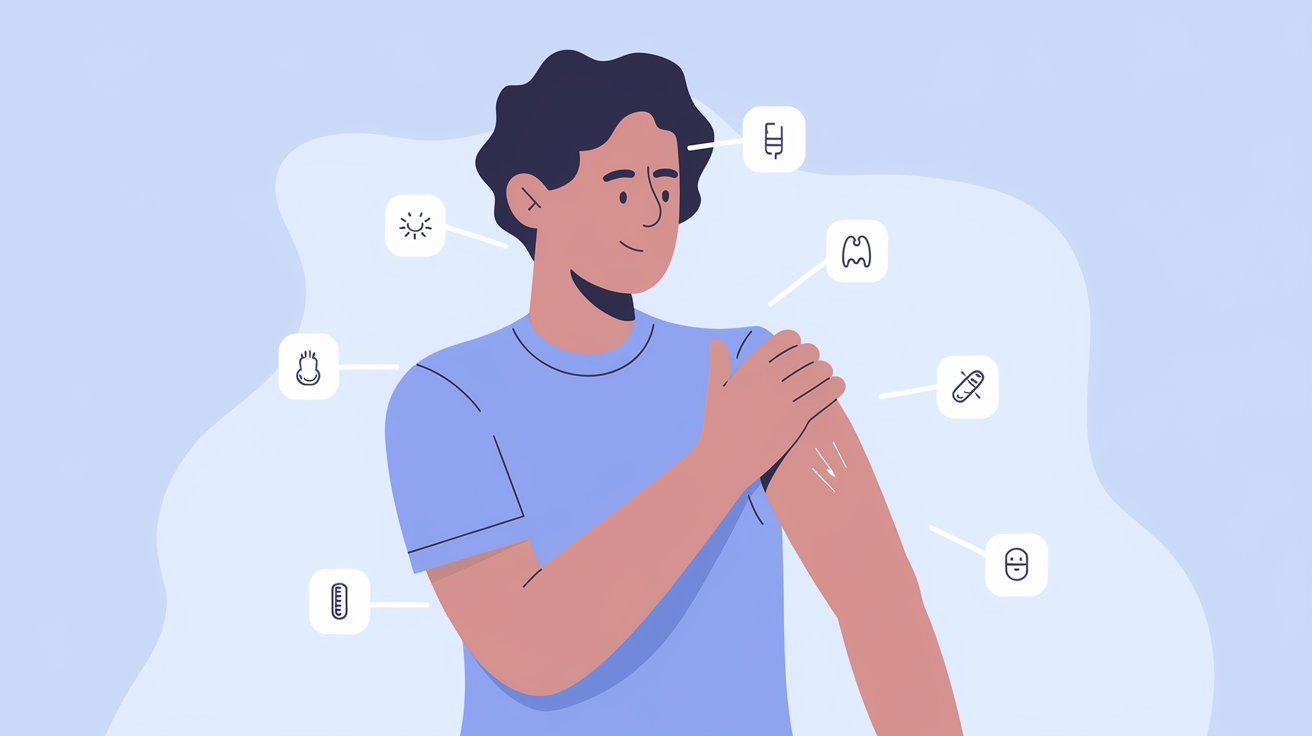 HPV vaccine is described as safe, however like any other vaccines there are small probabilities of side effects. The most common side effects are mild and include:
HPV vaccine is described as safe, however like any other vaccines there are small probabilities of side effects. The most common side effects are mild and include:
❖ Pain, erythema, or oedema of the injected area
❖ Fever
❖ Feeling dizzy or faint (especially in teens).
❖ Nausea
Severe complications are highly improbable, though some considerations must be talked over with your doctor before beginning a course. Patients are advised to observe for about 15 minutes after vaccination a case of fainting or any other reaction can be treated.
Common Myths about the HPV Vaccine
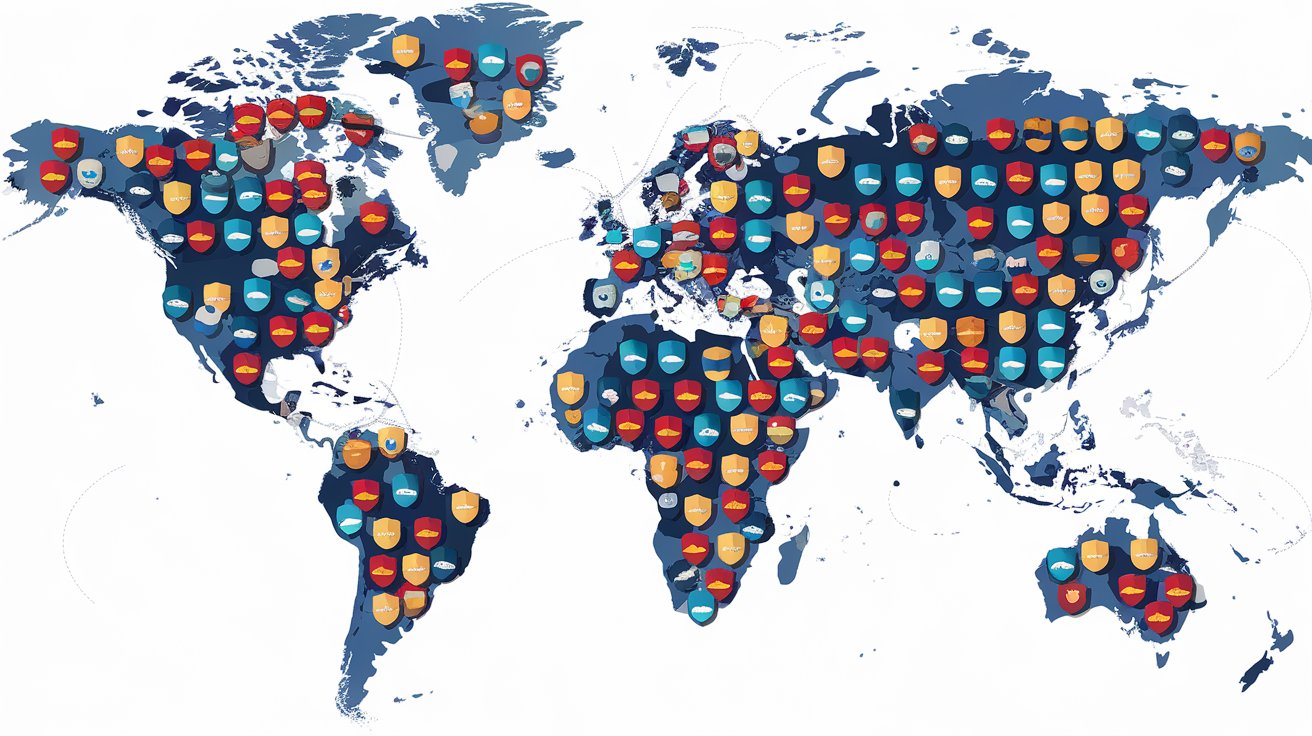 It will be of benefit to /dissolve those misconceptions so that we can increase the number of people who get to access the HPV vaccine.
It will be of benefit to /dissolve those misconceptions so that we can increase the number of people who get to access the HPV vaccine.
❖ Myth: Promiscuity is promoted through the HPV vaccine: The vaccine is about a virus and not behavior. There are also no proofs for the supposition that the vaccine affects the decisions concerning sexual activity.
❖ Myth: It is for females only: Males can also benefit from the vaccine, more so since HPV is known to cause both cervical cancers and genital warts in men.
❖ Myth: If you do not have sex, then you do not need the vaccine: The best time to get the vaccine is before you engage in sexual activities. It also becomes less effective once one has been infected by HPV.
The Impact of the HPV Vaccine
Common types of sexually transmitted infections include Human papillomavirus which has reduced in prevalence by the use of the HPV vaccine. The study also showed that cervical and other HPV-related cancers have also decreased in nations with high vaccination coverage.
The study shows that the vaccine helps to avoid millions of HPV infections globally and may save over 340,000 women from cervical cancer annually by 2050.
Final Thoughts: Should You Get the HPV Vaccine?
If you are within the prescribed age or you are HPV exposed it is one of the most effective measures you can take to avoid some types of cancer and genital warts. The vaccine is one of the promising approaches to prevent cancer, and the outcomes of its using proved to be rather satisfactory and safe.
Consult your doctor when it comes to the question of whether the HPV vaccine is suitable for you or your children. In doing this, not only are you saving yourself from such diseases, but you are also helping save the world from HPV diseases.
Conclusion
The vaccine against high risk HPV is a breakthrough in the fight against cancer. As it can prevent most dangerous strains of HPV, this vaccine is being effective and provides future protection against several recurrent cancers. Don’t wait—look after your health the best way that you can, and do not hesitate to talk with your doctor about the HPV vaccine.

